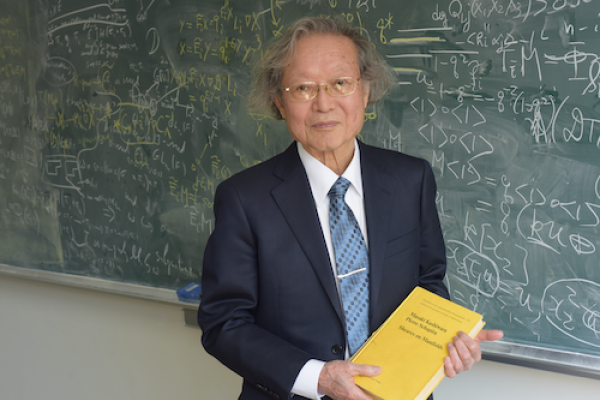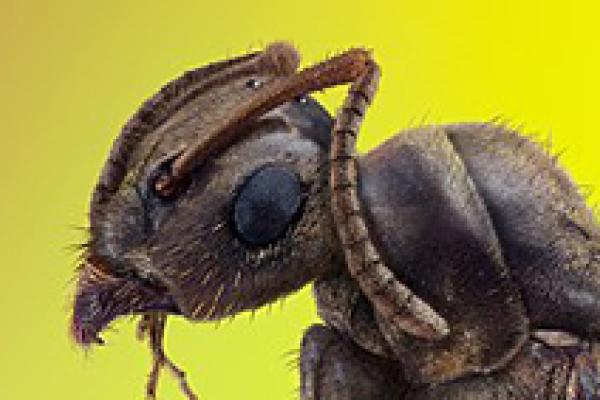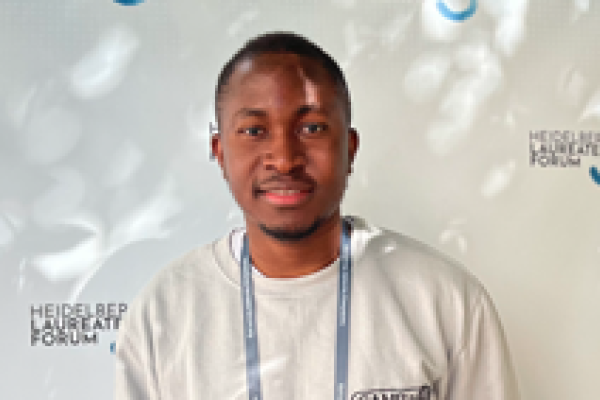
Brainstorming AI with Maths4DL
We join Maths4DL researchers for an intensive hackathon working on some of the most challenging problems posed by artificial intelligence.

We join Maths4DL researchers for an intensive hackathon working on some of the most challenging problems posed by artificial intelligence.

Will we one day have digital versions of our entire body to help us make medical and life style decisions and see what medical treatments are right for us? Find out in this podcast.

The Abel Prize 2025 has been awarded to Masaki Kashiwara for contributions to algebraic analysis and representation theory. Find out what this means with our article!

We talk to the creators of a fantastic tool for exploring maths and science through interactive simulations.

Join us at the mathematical frontier with Georg Maierhofer as he tells us about an exciting new idea bringing together physics and machine learning!


Calculus has long been key to describing the world. Now fractional calculus is providing new ways of describing complex systems.

Many processes, including climate change and the spread of COVID-19, involve a delay. Here's a beautiful equation designed to model such processes.
